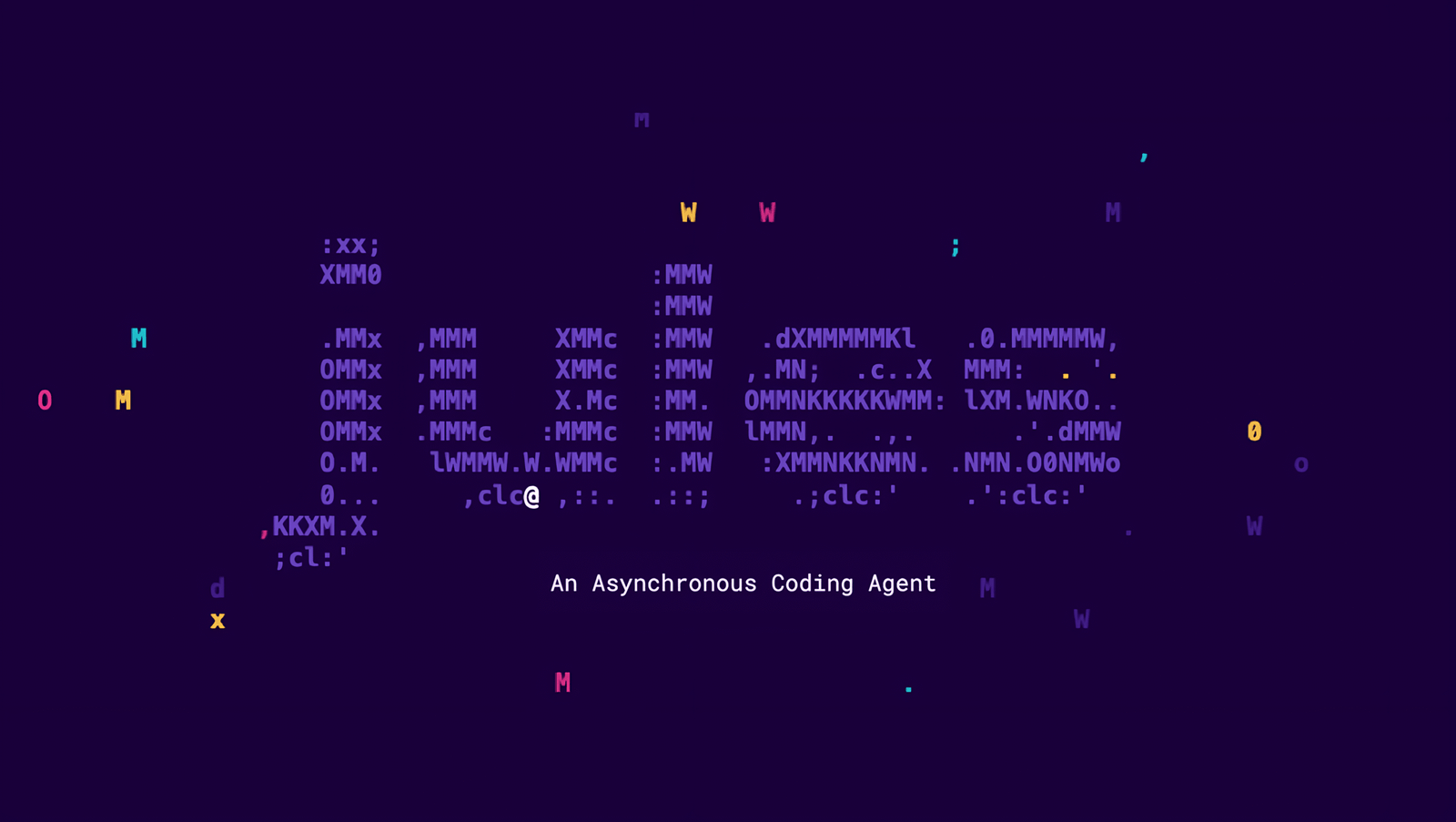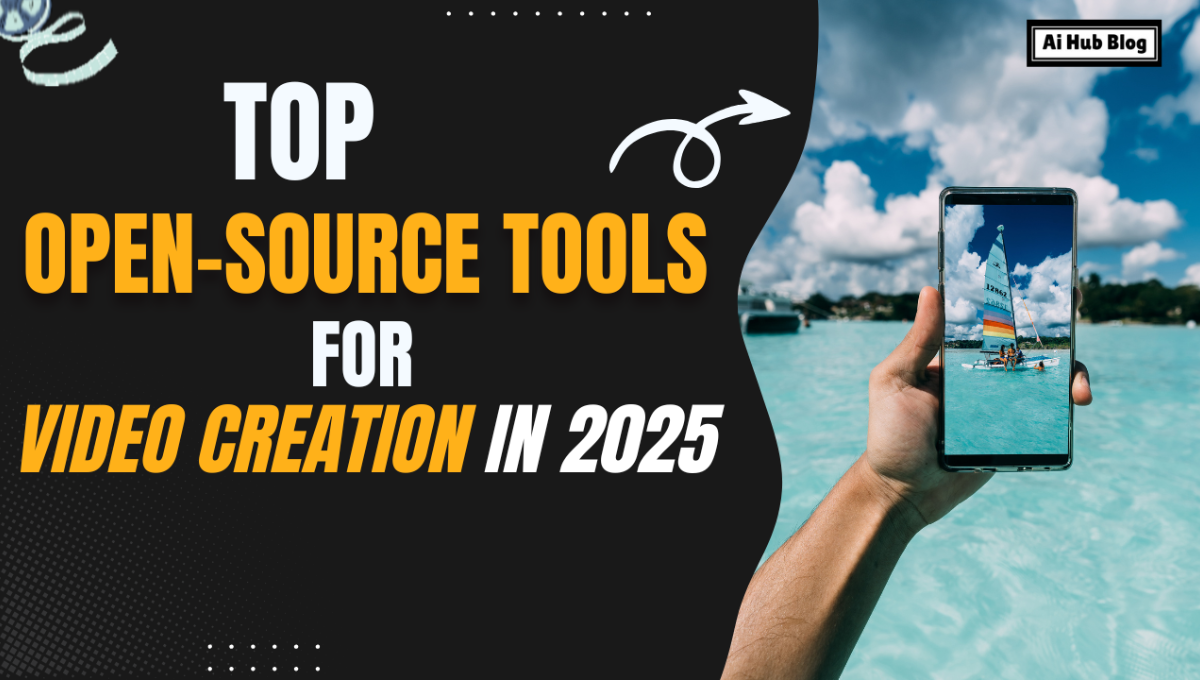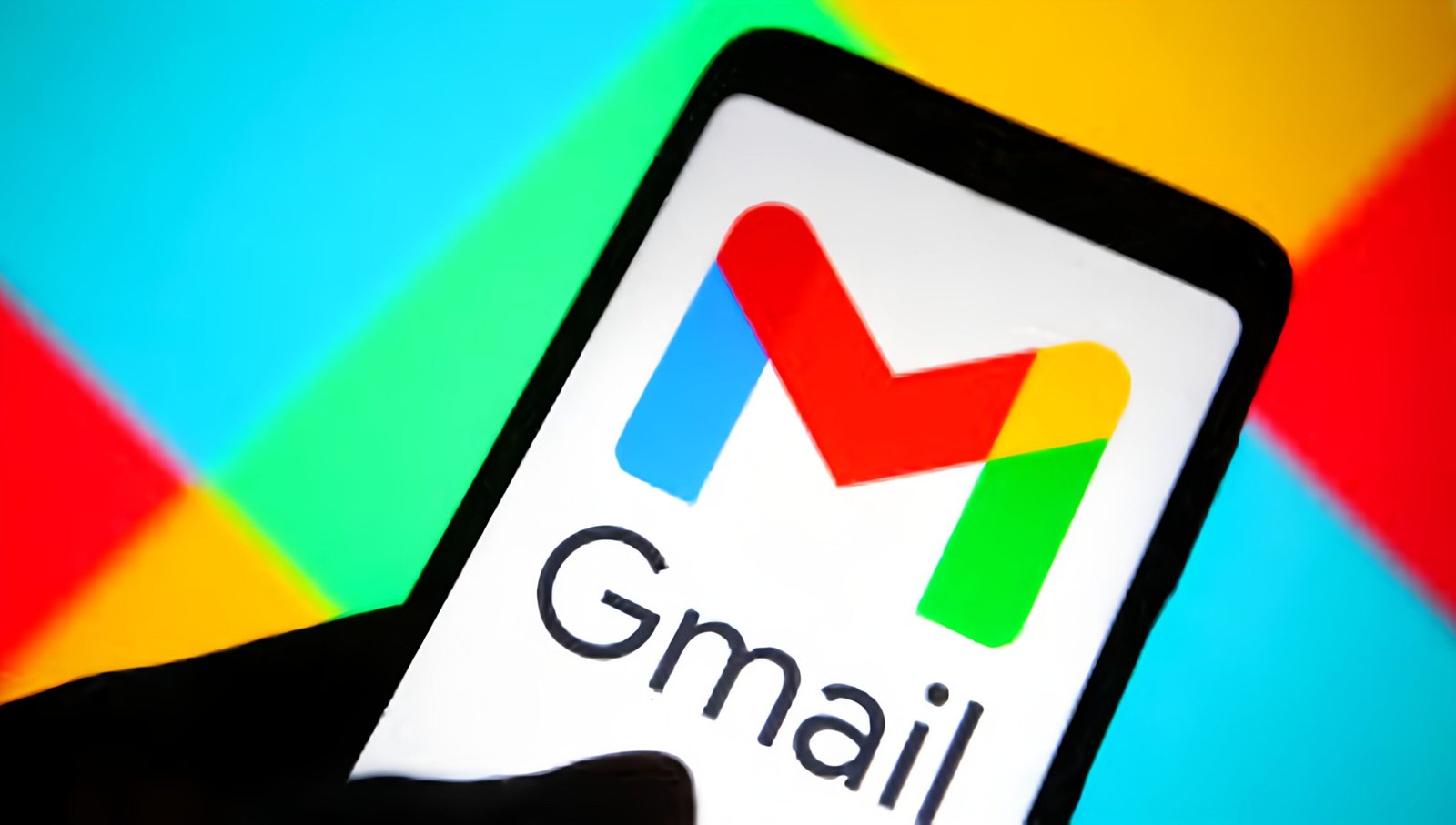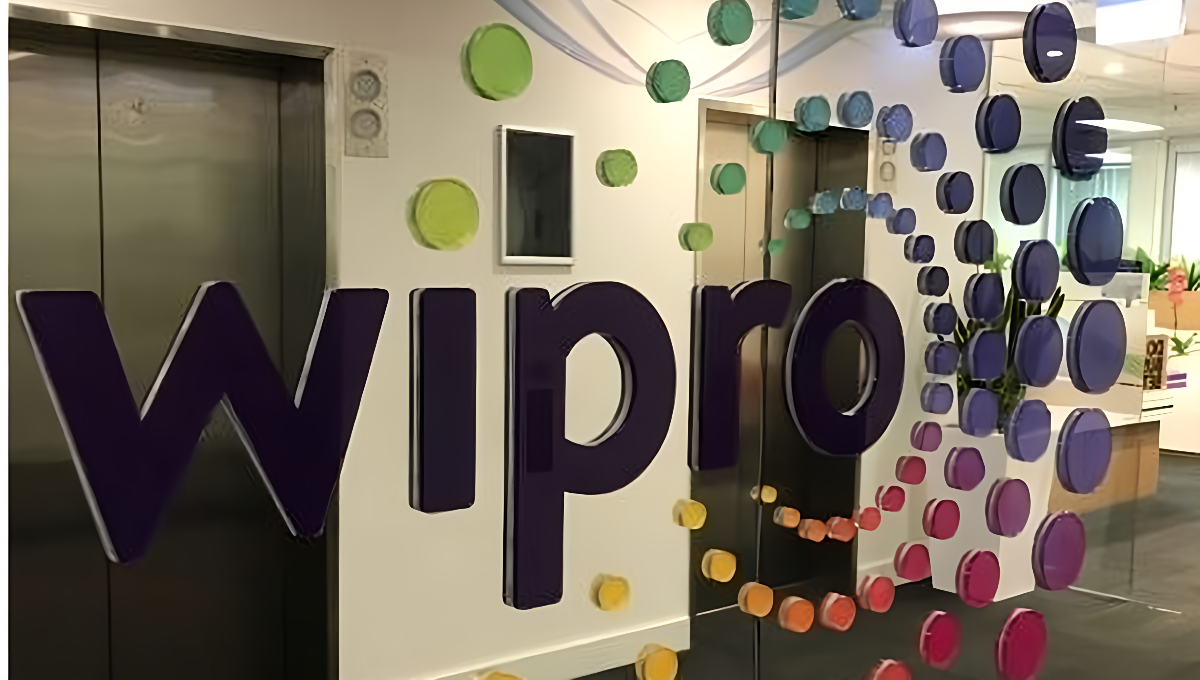AI Tools for Coding: Transforming Software Development
AI-powered coding tools are gaining immense popularity and reshaping the way software is developed. They assist developers by generating code, automating repetitive tasks, and offering intelligent suggestions that streamline workflows. By integrating these tools, developers can focus more on creative problem-solving and deliver projects faster. If your goal is to enhance productivity, improve code quality, and stay updated with modern technologies, this guide is for you.
My name is Karol, and I’ve been working as a mobile developer since 2011. I regularly use AI tools like GitHub Copilot and Gemini in my development workflow. I completed the AI Devs 2 course in November 2023, which covered generative AI and programming AI assistants. I also finished AI Devs 3, which focused on autonomous AI solutions. Recently, I participated in the 10xDevs program, a four-week course designed for experienced developers to harness AI tools for improving productivity and code quality. Additionally, I’m part of the Developer Jutra program, an advanced initiative for Polish developers focusing on multidisciplinary skills across frontend, backend, databases, architecture, and DevOps.
In this article, I’ll walk you through some of the most useful AI coding tools, why they’re valuable, their key features, potential risks, and integration with popular IDEs for different programming languages.
What Is an AI Coding Assistant?
An AI coding assistant is software that leverages artificial intelligence to support developers throughout the coding process. Its main functions include generating code, assisting with writing and debugging, reviewing code, and providing real-time suggestions, auto-completions, and optimizations. Many AI coding assistants also identify bugs and security issues, enhancing code quality.
These tools act like virtual pair programmers, continuously learning from extensive code repositories. They help beginners by offering guidance and learning opportunities, while experienced developers benefit from faster, more reliable workflows that align with best practices. AI coding assistants adapt to different coding styles and project requirements, making them versatile tools for all levels of expertise.
The Rise of AI Coding Agents
AI coding agents are a more advanced evolution of AI coding assistants. Unlike tools that only provide suggestions, these agents autonomously perform complex, multi-step tasks, often interacting with multiple tools and environments to achieve specific programming goals. They represent the next level in AI coding, moving from simple code completion to proactive problem-solving.
Developing Digital Products with AI Tools
Using AI coding assistants to build digital products is already common in today’s tech landscape. These tools can enhance almost every stage of software development, from conceptualization to deployment. They automate repetitive tasks, provide intelligent code suggestions, and sometimes act as AI code generators.
However, AI coding is not yet capable of fully replacing human developers. Creative and strategic decisions remain a human responsibility. Instead, AI tools serve as powerful companions, acting as virtual pair programmers that allow developers to focus on innovation and complex problem-solving.
Why You Should Use an AI Coding Assistant
Software development is increasingly complex. AI coding assistants can be a major productivity boost, offering the following benefits:
-
Faster time-to-market: Automating repetitive coding tasks accelerates development, helping teams launch products sooner.
-
Cost savings: Reducing manual coding lowers development costs over time.
-
Accessibility: Novice developers gain guidance and AI-assisted code completion, bridging skill gaps.
-
Scalability: AI tools adapt as projects grow in size and complexity.
-
Continuous improvement: AI tools learn from large datasets, offering better suggestions over time.
-
Stress reduction: Developers can focus on creative challenges instead of mundane tasks.
-
Increased efficiency: Automates boilerplate coding, debugging, and refactoring.
-
Enhanced code quality: Real-time suggestions and error detection maintain high standards.
-
Learning opportunities: Developers benefit from AI-driven best practices.
-
Faster debugging: Identifies and helps fix issues quickly.
-
Personalized assistance: AI adapts to individual coding styles, improving over time.
-
Seamless integration: Works directly in popular IDEs for a smooth workflow.
Incorporating AI coding tools helps developers future-proof their skills while increasing productivity and code quality.
Top AI Coding Assistants in 2025
We’ve evaluated ten AI coding tools based on functionality, ease of use, and integration with IDEs. The top tools include GitHub Copilot, Qodo, Jules.
Our evaluation combines hands-on experience with research, ensuring practical and reliable insights. These tools offer capabilities from AI code generation to autonomous AI pair programming, helping developers save time and improve code quality.
Top 3 AI Coding Tools to Consider
| Tool | Ease of Integration | Deployment Type | Best Use Case |
|---|---|---|---|
| GitHub Copilot | High (IDE Plugin) | Cloud | Code generation, multi-step tasks, pair programming |
| Qodo | High (IDE Plugin / Git Agent) | Cloud / On‑premise | Test generation, code quality, automated review |
| Jules | High (Git Integration) | Cloud | Autonomous development, bug fixes, feature generation |
Each tool has unique strengths and may be better suited for certain tasks, programming languages, or development styles.
GitHub Copilot

GitHub Copilot is a leading AI coding assistant, trained on vast open-source code repositories. It integrates with multiple IDEs, offering smart code completion, suggestions, and explanations. Its recent agent mode allows autonomous multi-step task execution, such as bug fixing, test generation, refactoring, and app modernization.
Key features:
-
Popular with a large community.
-
Supports multiple IDEs and languages.
-
AI code completion, navigation, and referencing.
-
Agent mode for autonomous multi-step tasks.
Pricing:
-
Free – Limited completions.
-
Pro – $10/month or $100/year.
-
Pro+ – $39/month or $390/year.
-
Business – $19/user/month.
-
Enterprise – $39/user/month.
Qodo

Qodo, formerly Codium, emphasizes code quality and integrity. It provides IDE plugins and Git agents to automate code review, test generation, and documentation.
Key features:
-
Comprehensive unit and component test generation.
-
Context-aware AI code generation and completion.
-
Automated documentation and PR descriptions.
Pricing:
-
Developer – Free.
-
Teams – $38/user/month.
-
Enterprise – $45/user/month.
Jules

Google Jules is an AI coding agent that autonomously handles multi-step coding tasks asynchronously. It works in a secure Google Cloud VM, integrates with GitHub, and can write new features, fix bugs, refactor code, and generate detailed pull requests.
Key features:
-
Autonomous coding agent.
-
Secure integration with GitHub repositories.
-
Powered by Gemini 2.5 Pro.
-
Asynchronous workflow to improve productivity.
Pricing:
-
Free – Currently in public beta.
Also Read:















